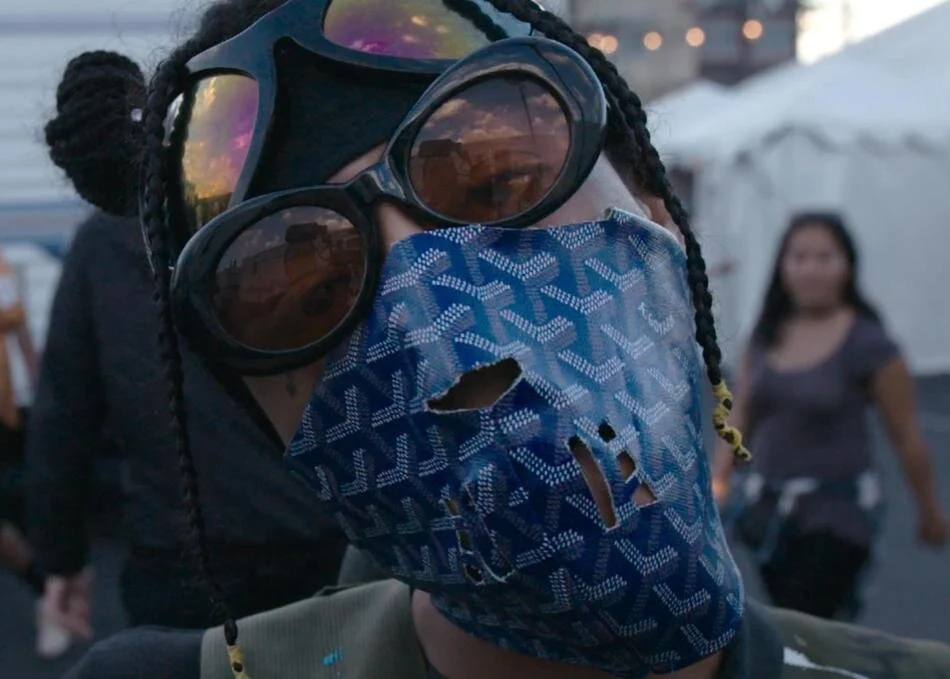Chongqing, the dystopian Chinese megacity and hotbed for subversive rap
Introducing ‘Free of the Week’, our weekly tip on what documentary you should watch next, for free!
In the last 25 years, Chongqing city’s population has exploded. Through the fusion of three previous cities, it now has a population of over 30 million people across an area the size of Austria. Even in a city without growing censorship, it would be difficult to find your identity in a city this size, let alone one where lyrics are policed and morally suspect individuals are banned from the public eye.
Despite this, an emerging gang of rappers has successfully carved out a presence in this sea of humanity. “Trapped in the City of a Thousand Mountains”, a short featured by The Guardian, plunges us into their world, introducing us to some of their key members. They tell us of their increasing isolation and anxiety as a consequence of living within two difficult climates. The first is the censorship that has blacklisted over 150 songs and driven their rap scene underground. The second is the sprawling and uncontrolled expansion of Chongqing that has left them feeling alienated in their own home, a city in perpetual change.
Director David Verbeek effectively conveys these overbearing fears but at the same time nurtures the viewer’s sense of security by making them part of the group. Scenes are filmed from behind the gang as they walk through the city, sit around a table in a canteen and watch one member get a tattoo. Despite the isolation they speak of, we’re made to feel a strong familial bond driven by a shared musical culture.
Personal accounts are spliced with shots of Chongqing city. These stunning, dystopian nighttime shots are set to a jarring soundtrack , making them particularly reminiscent of Blade Runner, creating a haunting, smog-shrouded ambience.
The gang members’ offhand retelling of the human rights violations they consistently endure is inspiring. They may be matter-of-fact about the circumstances, they’re also open about their plan to defend their work. The film portrays them as accepting of their situation so long as they continue to produce rap music together. Their tone is fearful though, with 150 songs blacklisted and a general unawareness of the degree of censorship, engineered by the government, that ultimately leads to society-wide self-censorship.
The film’s only downfall is that we’re left longing for more. This 20-minute offering leaves the viewer with plenty of questions and a yearning for a more concrete explanation of what goes on. Admittedly, this might not be achievable given the location and context.
This film is an important sampling of the situation for young creatives in Chongqing who persevere in the face of staggering adversity. Although from a Western perspective it’s very difficult to fathom such a curbing of expression, we can all recognise the strength in alliances formed through artistic resistance.







